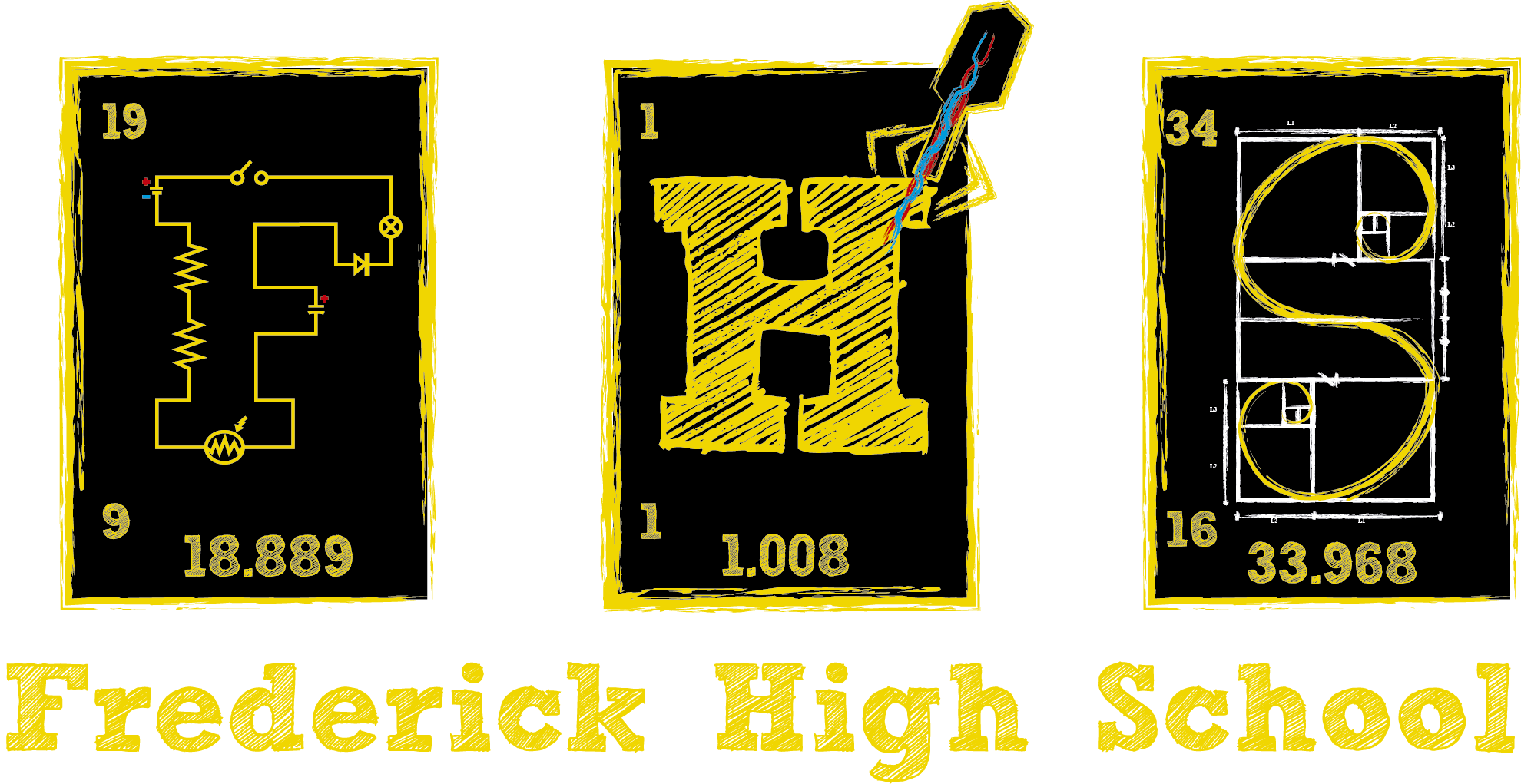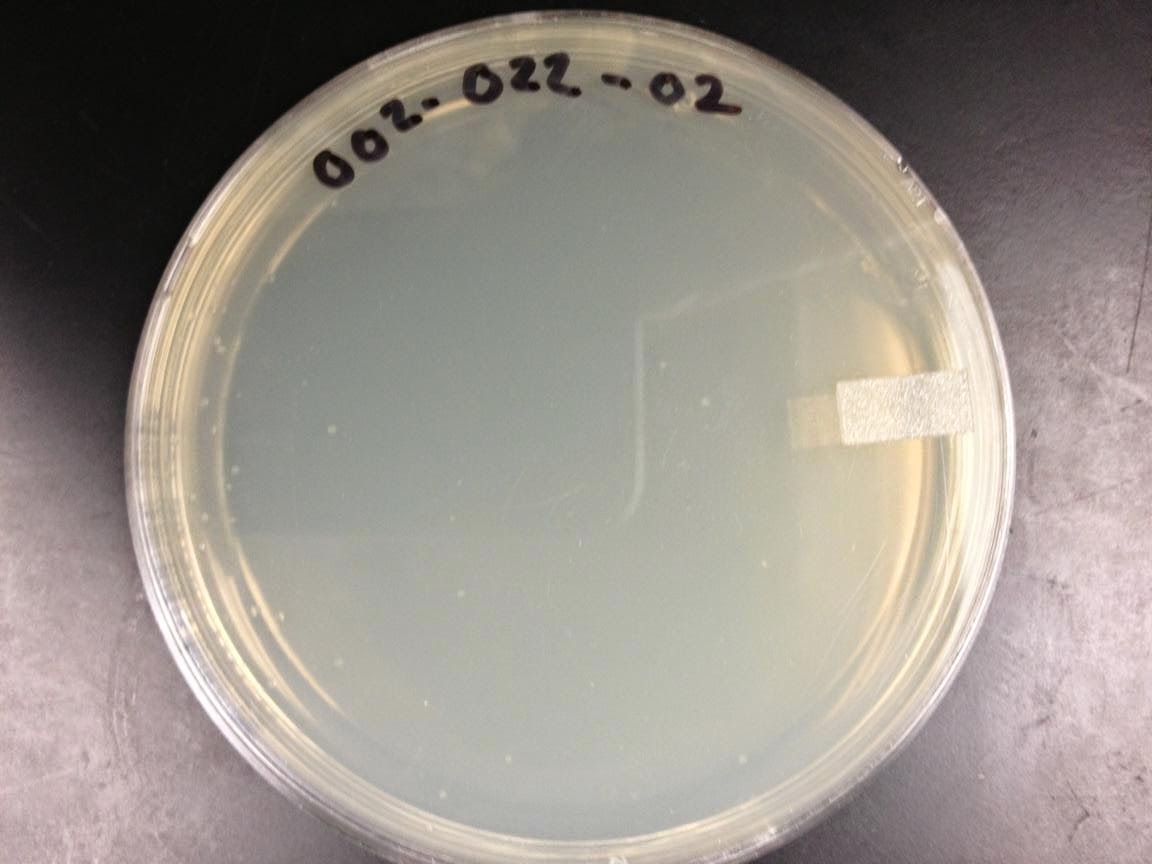Team:FHS Frederick MD/Transformations
From 2014hs.igem.org
(Difference between revisions)
(→Transformations: Drafted observations) |
(→Transformations) |
||
| (3 intermediate revisions not shown) | |||
| Line 5: | Line 5: | ||
[[File:Transformants.jpg|right|300px]] | [[File:Transformants.jpg|right|300px]] | ||
| - | It may be hard to see, but there were 10-50 colonies on the chloramphenicol agar plates we inoculated with pSB1C3/NirB and pSB1C3/LOV transformed | + | It may be hard to see in this photo, but there were 10-50 colonies on the chloramphenicol agar plates we inoculated with pSB1C3/NirB and pSB1C3/LOV transformed ''E. coli''! We also ran a negative control and saw no sign of growth. |
| + | |||
| + | After weeks of trying to transform commercially-produced LyoComp bacteria and homemade chemically competent ''E. coli'', the latter approach finally achieved a high enough transformation efficiency for us to propagate and test multiple clones containing our synthetic [[Team:FHS_Frederick_MD/NirB_Promoter|NirB]] and [[Team:FHS_Frederick_MD/LOV_Domain|LOV]] genes. In subsequent experiments, we subcultured five colonies from each plate, extracted the plasmid DNA, and analyzed it using [[Team:FHS_Frederick_MD/Electrophoresis|gel electrophoresis]] and [[Team:FHS_Frederick_MD/Sequencing|DNA sequencing]]. | ||
| + | {{:Team:FHS_Frederick_MD/Footer}} | ||
Latest revision as of 03:16, 21 June 2014
Transformations
It may be hard to see in this photo, but there were 10-50 colonies on the chloramphenicol agar plates we inoculated with pSB1C3/NirB and pSB1C3/LOV transformed E. coli! We also ran a negative control and saw no sign of growth.
After weeks of trying to transform commercially-produced LyoComp bacteria and homemade chemically competent E. coli, the latter approach finally achieved a high enough transformation efficiency for us to propagate and test multiple clones containing our synthetic NirB and LOV genes. In subsequent experiments, we subcultured five colonies from each plate, extracted the plasmid DNA, and analyzed it using gel electrophoresis and DNA sequencing.
 "
"


